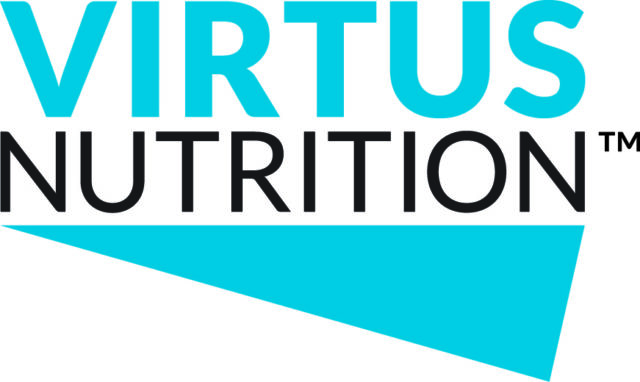Back in November, the Council on Dairy Cattle Breeding (CDCB) began conducting preliminary genomic evaluations on a weekly basis. Prior to this change, genomic evaluations were provided each month, requiring producers to submit samples by a predetermined due date in order to deliver results as part of the next month’s official report.
With this change to weekly genomic evaluations, Genetic Predicted Transmitting Ability (GPTA) results will be available earlier to make important management decisions.
While producers should start to notice a significant improvement in the time between submitting a sample and receiving results, producers should not expect a one-week turnaround. This is because there is a multi-step process between sending in a sample and receiving results.
At Zoetis, samples are received either directly from producers or through breed associations. Genotypes are produced from the submitted samples and those genotypes are forwarded to CDCB. Evaluations are made by CDCB that generate and publish GPTA results for each animal.
Previously, CDCB batched that data and processed genotypes once each month; now, those genotypes are processed each week, with results provided to the producer either through our company or the breed association.
While the steps in the process are the same, the preliminary weekly evaluations by CDCB should greatly reduce the time between when a sample leaves the farm and when GPTA data is received. More importantly, this allows schedules to be more flexible for producers and allows them to make collecting samples a part of an everyday process.
Keep in mind that in the weekly CDCB genetic evaluation system, only newly genotyped animals are processed. The weekly results do not include reliability or inbreeding information – that data is calculated during the monthly official genetic evaluation process.
Preliminary predictions are highly correlated with interim and official evaluations, so they are going to be very similar to the final official results, allowing for herd-based decisions to be made even though minor re-ranking may occur.
It also should be noted that according to Holstein Association USA, preliminary evaluations will not be considered official and are not suitable for publication, marketing purposes or any other use outside of reporting documents distributed to owners.
Even though weekly evaluations are not official, dairy producers will feel the impact in two significant ways:
1. Producers will have relevant information sooner so genetic management decisions can be made on a more regular basis. This will improve availability of genetic information reported to Enlight users as well, with a stated goal to be live within the online database the same day as the weekly or monthly release occurs from CDCB.
This is an online, comprehensive management tool designed to help dairy producers who own Holstein cattle more efficiently manage herd genetics by providing producers with a complete view of herd-level and individual animal genetic performance.
2. Weekly evaluations will make for more flexible sample submissions and even out the workflow for everyone. Previously, laboratories received a significant amount of tests each month near the cut-off date for monthly submission and reporting.
With the advent of weekly reporting, sample submissions can be provided on a more regular and flexible basis, greatly reducing processing time and shortening the period between sample submissions and results reporting. And for producers submitting more frequently, this means faster decisions can be made to save them money, particularly if they intend to sell unwanted animals.
Weekly evaluations alone will not ensure expedited reporting back to the animal owner. In order to maximize efficiency, producers are reminded to follow a few simple procedures:
- Double-check animal identification and birthdates. This includes proper identification of the animal being tested as well as ensuring that the proper parents are assigned to that animal. Greater accuracy in this area means less time for customers and staff resolving conflicts.
- Re-evaluate your DNA collection technique. Revisit standard operating procedures for sample collection to ensure high-quality samples are properly taken and packaged for shipment. This helps minimize the likelihood that samples need to be retested.
- Adjust dairy procedures to take advantage of weekly predictions. With weekly evaluations, producers can submit samples more frequently, which allows for more consistent processes on the dairy and at our laboratories, resulting in the opportunity for faster turnaround times for customers.
- Respond quickly to any parentage errors reported back to producers. This helps reduce the time to get results on the remaining animals waiting for results.
While the process for generating GPTA information may seem complex, it’s all done in an effort to ensure that dairy producers have the quickest, yet most accurate information possible to make informed management decisions. PD
Cheryl Marti is a senior marketing manager in the U.S. dairy genetics and reproductive products with Zoetis. Email Cheryl Marti.




